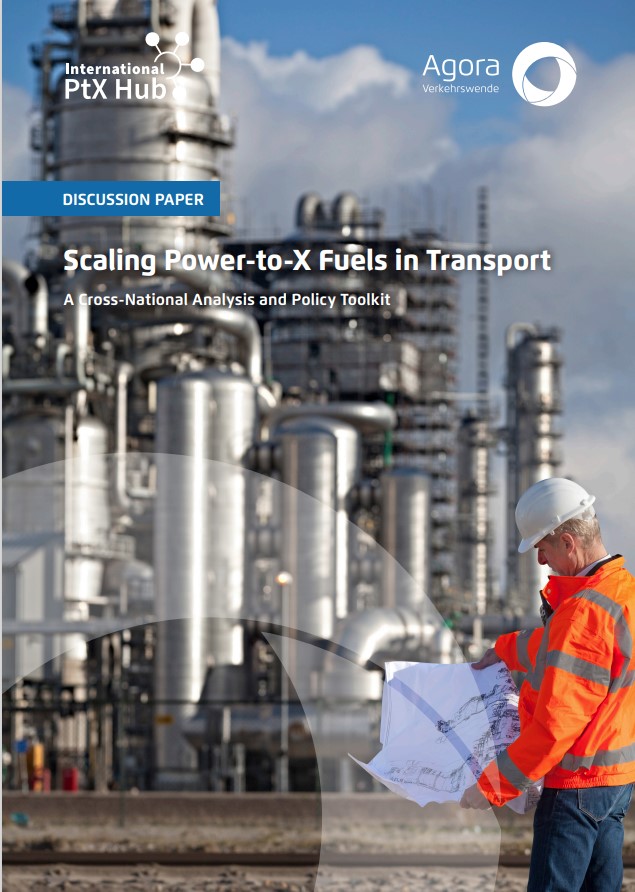Scaling Power-to-X Fuels in Transport
The paper examines targeted policies in the transport sector, and evaluates the policy development.
Governments worldwide have set ambitious targets for the adoption of Power-to-X (PtX) fuels, and numerous production facilities are in the pipeline. Yet, project developers continue to face major obstacles in securing final investment decisions—a critical barrier, as large-scale production of PtX fuels, including sustainable hydrogen and e-fuels, is essential for achieving global climate neutrality, particularly in hard-to-abate sectors such as international aviation and shipping.
One of the key challenges is the significant price gap between PtX fuels and conventional alternatives. This economic barrier shifts attention squarely onto policymakers. In response, this discussion paper explores how targeted policy interventions can effectively accelerate PtX fuel uptake in the transport sector.
We begin with a comprehensive review of policy measures adopted in eight key jurisdictions, followed by a detailed analysis of which combinations form the most effective policy mix. Special attention is given to the unique needs and opportunities in emerging markets. Here we also propose a tailored policy toolkit to support PtX market development.
Our findings show that while all eight jurisdictions examined anticipate PtX integration in transport, their levels of policy ambition vary significantly. To enable a meaningful scale-up, coordinated global action is required—anchored in a robust mix of regulatory instruments, such as blending mandates or quotas, and market-based mechanisms like double-sided auctions. International collaboration will be key to aligning policies, reducing investment risks, and unlocking sustainable development potential, especially across emerging economies.
